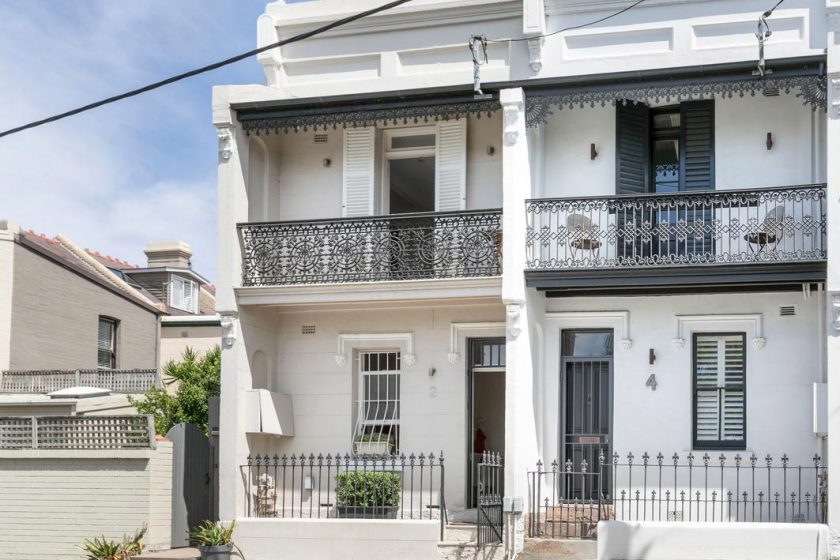Getting the best deal on a home loan ultimately comes down to one thing: knowledge.
John Tindall, a Choice Home Loans mortgage broker in Wattle Grove, Sydney, says with discounting the “new norm” and a growing number of non-traditional lenders offering low interest rates, there’s no reason to pay the “off the rack” rate any more.
Tindall says borrowers can get the best deal – and save tens of thousands of dollars over the life of a loan – by being pro-active, rather than settling for a bank’s standard offer.
“People should definitely shop around,” Tindall says.
Looking for a better deal? Start your research here:
Considering non-traditional lenders is a big part of this, he says. Tindall says the big banks’ drive for greater profits has steadily eroded customer loyalty over the last 20 years.
“Even though service improvements, like internet banking and call centres have replaced the need to visit a physical branch and the face-to-face element of banking, clients still say to me they ‘feel like a number’ and are happy to consider alternatives.
“The non-traditional lenders often have lower interest rates – and more flexibility – than the major banks,” he says.
While shopping around sounds simple, going from bank to bank can be “confusing and tedious”, which is where mortgage brokers come in, Tindall says.

Mortgage brokers helps you find a suitable loan that meets what you want. Picture: Getty Images
“A mortgage brokers’ role is find you a suitable loan that meets what you want.”
“They’re working for you, not the banks, and usually get paid only when you get the loan you want. Good brokers get to know you and stay with you through the years, so as your needs change, they can re-assess the suitability of the loan you have.”
When it comes to securing the loan itself, several things contribute to getting a better deal, he says.
“In rough order of importance, these are the size of the loan, having a 20 per cent deposit, whether the property is to live in or will be an investment and whether you’re paying down principal or just the interest,” Tindall says.
“For example, one non-traditional lender currently offers an interest rate of 3.74 per cent for a $700,000 loan, for less than 80 per cent, owner-occupied, principal and interest loan. A $150,000 loan, for 80 per cent, investment, interest-only loan is at 5.88 per cent – which is about two per cent more expensive!

In tough markets like Sydney, using a non-cash alternative such as parental equity rather than a 20 per cent deposit can help. Picture: Supplied.
“Even if you don’t have a 20 per cent deposit, which is especially tough in places like Sydney, using a non-cash alternative, such as parental equity, can help,” he says.
Knowing, either through research or a broker, about the special offers and discounts available can result in significant benefits for borrowers, Tindall says.
“For example, one lender has a standard variable home loan rate of 5.24 per cent at the moment. But for first home buyers with a 20 per cent deposit, there is a 3.66 per cent two-year fixed rate. The difference on a $700,000 mortgage is around $7000 a year. And that lender is also offering reward points worth around $1400.”
It’s also important to look closely at credit history before applying, Tindall says.
“Almost all lenders will review your credit history for signs of trouble in the past,” he says.
“These need not be fatal to an application, but need to be explained before an assessor has to ask. Some non-traditional lenders will look at applicants with credit history ‘hiccups’, however the rates and fees tend to be higher, so it’s important to know.”



